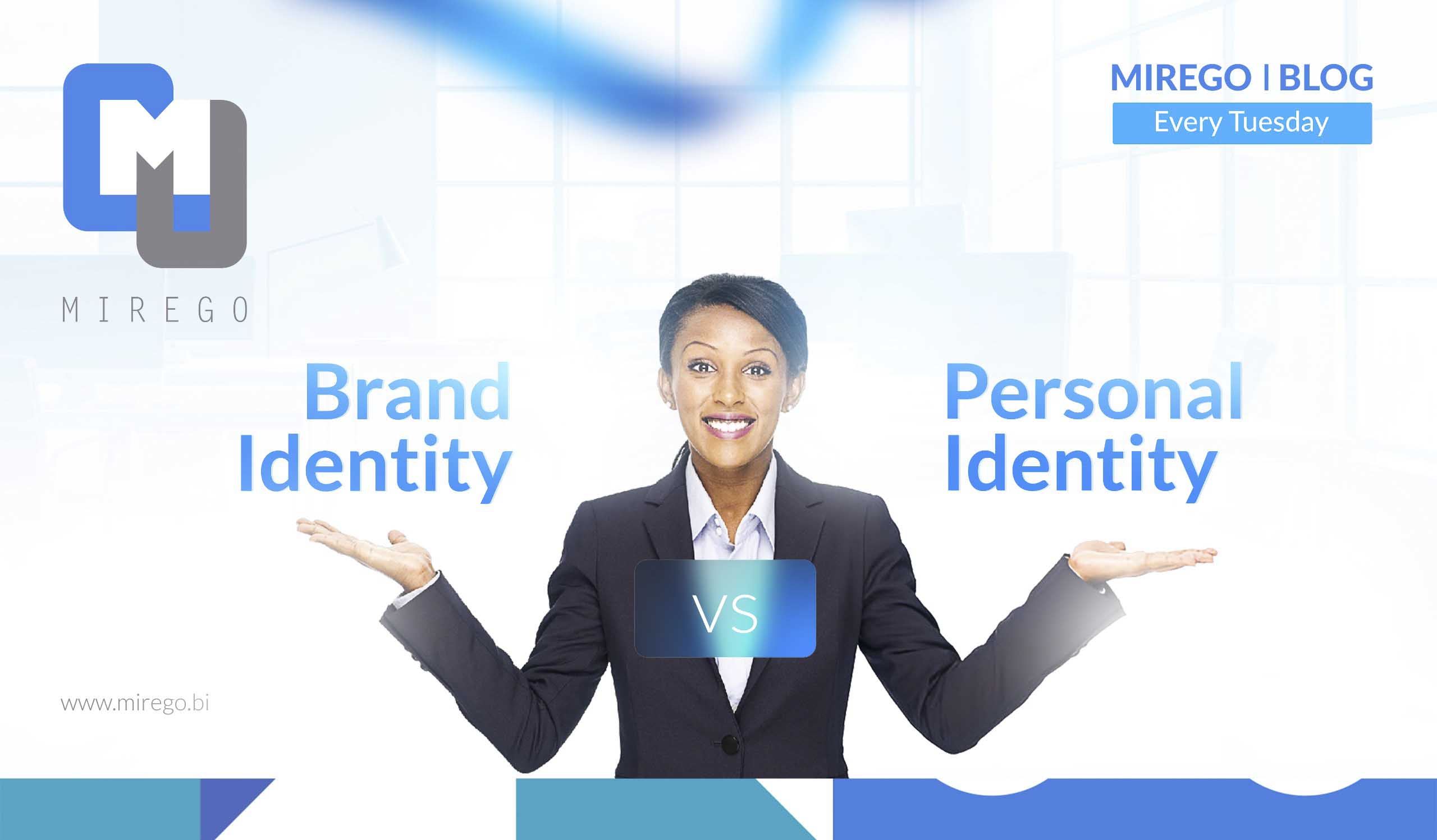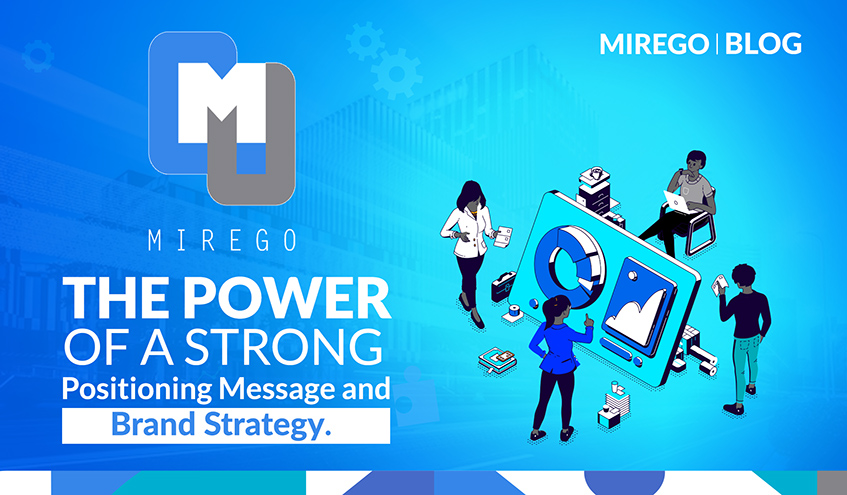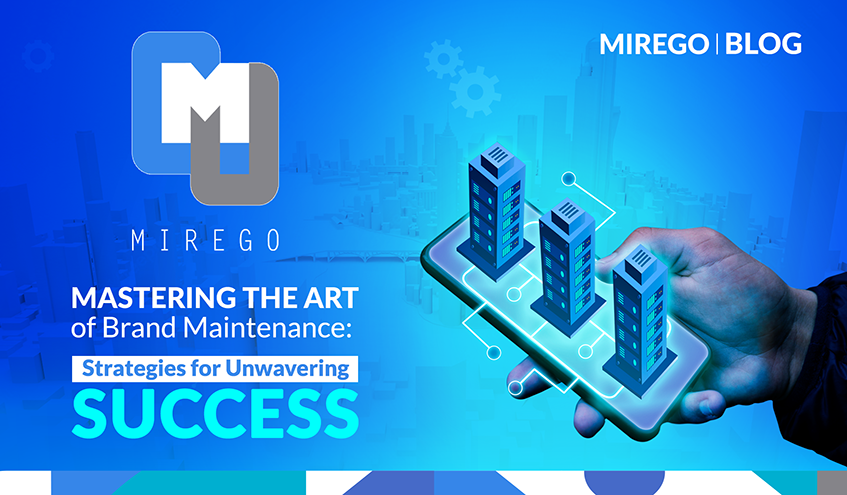


Introduction
Identity is a concept as old as humanity itself, but today it’s being reshaped by the digital world and social media. In the past, we were defined by our family, local communities, and personal experiences. Now, our identity has expanded into the online realm, adding new layers and complexities.
Definition
1. Personal Identity refers to the sense of self or individuality that makes a person distinct from others. It encompasses aspects like personal experiences, values, beliefs, and memories that contribute to who someone feels they are.
2. Brand identity refers to the unique set of characteristics, values, and visual elements that distinguish a brand from others and create a specific image in the minds of consumers.
Identity: A Constantly Evolving Social Construct
Identity is shaped by the interactions between the environment and how we see ourselves. It’s a mix of personal experiences, relationships, and the world around us. Here’s how the digital age is changing it:
● Social Media Impact: Social media has transformed how we present ourselves. Our online profiles often show idealized versions of who we are, highlighting our best moments and creating a specific image. This constant exposure can both strengthen our sense of identity and create pressure to fit in.
● Identity Evolution Over Time: Identity is not static; it evolves as we go through life. Experiences, relationships, and societal changes shape who we are. For instance, becoming a parent, changing careers (for personal identity) or Market Shifts, Brand Maturity (for brand identity) can deeply alter one's sense of self.
Personal Identity vs. Brand Identity: Similarities and Differences
Here’s a simple comparison of personal identity and brand identity:
Characteristic | Personal Identity | Brand Identity |
Definition | The set of characteristics that define an individual, including values, experiences, and self-perception. | The collection of elements that identify a business, product, or service and distinguish it from competitors. |
Components | Character, values, passions, experiences, physical appearance, social affiliations. | Name, logo, slogan, values, history, products/services, communication, customer experience. |
Goal | To feel unique, belong to a group, and grow personally. | To stand out from competitors, build trust with customers, and create value. |
Building | Influenced by family, friends, culture, life experiences, and social media. | Strategically developed based on business goals, market analysis, and customer expectations. |
Change | Constantly evolving with life experiences, relationships, and personal changes. | Can evolve to match market trends and consumer expectations, but needs to stay consistent. |
Perception | Subjective, based on how we see ourselves and how others see us. | Influenced by brand communication, customer experiences, and online reviews. |
Measuring | Hard to measure objectively. | Measurable through performance indicators like brand awareness, image, and customer loyalty. |
Issues | Personal well-being, social relationships, personal development. | Business success, customer retention, company reputation. |
Similarities:
● Social Construction: Both personal and brand identities are shaped by social and cultural environments.
● Change Over Time: Identities evolve based on experiences and environmental changes.
● Importance of Consistency: A strong identity relies on consistency among its elements.
● Relation to Others: Identity helps in positioning oneself or a brand in relation to others.
Differences:
● Goal: Personal identity focuses on the individual, while brand identity focuses on the business.
● Building: Personal identity is more spontaneous and less strategic compared to brand identity.
● Measuring: Personal identity is harder to measure compared to brand identity.
In short, personal identity and brand identity are closely linked concepts but serve different purposes and have different challenges. Understanding these similarities and differences can help us better understand both our own identity and the identities of the brands around us.
Conclusion
Brand identity is a dynamic and evolving entity that must adapt to changing market trends, consumer expectations, and technological advancements. A strong brand identity not only differentiates your business from competitors but also builds trust and fosters meaningful connections with your audience.
Remember: While a brand identity should maintain consistency, it also needs to be flexible enough to evolve with time. To ensure your brand identity remains relevant and engaging, continuously assess and refine your messaging, visual elements, and overall customer experience.
Are you ready to elevate your brand's identity? MIREGO AFRICA offers comprehensive brand identity services, including:
● Brand strategy development
● Logo design and branding guidelines
● Messaging and positioning
● Visual identity creation
● Brand activation and marketing campaigns
Contact us today on +257 76 742 742 to schedule a consultation and learn how we can help your brand stand out.

As the marketplace is frequently evolving, it's critical to track the results of your mark ...

Introduction:
In today's competitive marketplace, building a prominent brand requires more than just a great product or service. It demands a strategic approach that encompasses a well ...

Introduction
In today's fiercely competitive marketplace, brand maintenance is a critical aspect of achieving enduring success. A brand that exudes strength not only sets your business ...